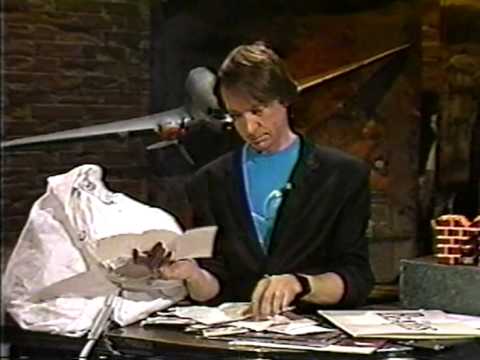Rosanne Welch, PhD, Author of Why The Monkees Matter, presents “How The Monkees Changed Television” at a Cal State Fullerton Lunch Lecture on May 8, 2018.
In this talk, she shows how The Monkees, and specifically their presence on television, set the stage for large changes to come in the late 1960s.
Transcript
Later in the series, we’re going to meet girls who are reporters for newspapers and who are working in television studios. Every time we meet a girl she’s defined by her job first and that’s how the boys get involved with her. So to me, that’s a pretty feminist statement in the 1960s. This, if you were a Batman fan from the TV show back in the day, that’s Julie Newmar and she guests on the show playing April who runs a laundromat and she’s getting a Ph.D. in laundry — I’m not really sure what that’s all about — kind of funny — but she’s getting a Ph.D. and she’s the girl that all four of them fall in love with. The whole episode is all four of them trying to be what she wants them to be and when they define what it is “The fastest way to a woman’s heart is through her mind.” Her mind. That’s what matters in a woman. Whoa. That’s a really bold statement for back in the day.
Why The Monkees Matter: Teenagers, Television and American Pop Culture
McFarland (Direct from Publisher) | Amazon | Kindle Edition | Nook Edition
Want to use “Why The Monkees Matter” in your classroom?
Order Examination Copies, Library and Campus Bookstore orders directly from McFarland
About Rosanne Welch, PhD
Rosanne Welch, PhD is a writer, producer and university professor with credits that include Beverly Hills 90210, Picket Fences, Touched by an Angel and ABC NEWS/Nightline. Other books include Why The Monkees Matter: Teenagers, Television and American Pop Culture (McFarland, 2017) and Women in American History: A Social, Political, and Cultural Encyclopedia and Document Collection (ABC-CLIO, 2017), named to the 2018 Outstanding References Sources List, by the Reference and User Services Association (RUSA), a division of the American Library Association. Welch has also published chapters in Torchwood Declassified: Investigating Mainstream Cult Television (I.B.Tauris) and The American Civil War on Film and TV: Blue and Gray in Black and White and Color (Lexington Books, 2018) and essays in Doctor Who and Race: An Anthology and Outside In Makes it So, and Outside in Boldly Goes (both edited by Robert Smith). By day she teaches courses on the history of screenwriting and on television writing for the Stephens College MFA in Screenwriting programs. Her talk “The Importance of Having a Female Voice in the Room” at the 2016 TEDxCPP is available on YouTube.
Podcast: Play in new window | Download
Subscribe: RSS
![17 More Intelligent Women from How The Monkees Changed Television [Video] (0:54)](https://rosannewelch.com/wp-content/uploads/2018/09/monkees-tv-17-intelligent-women.jpeg)


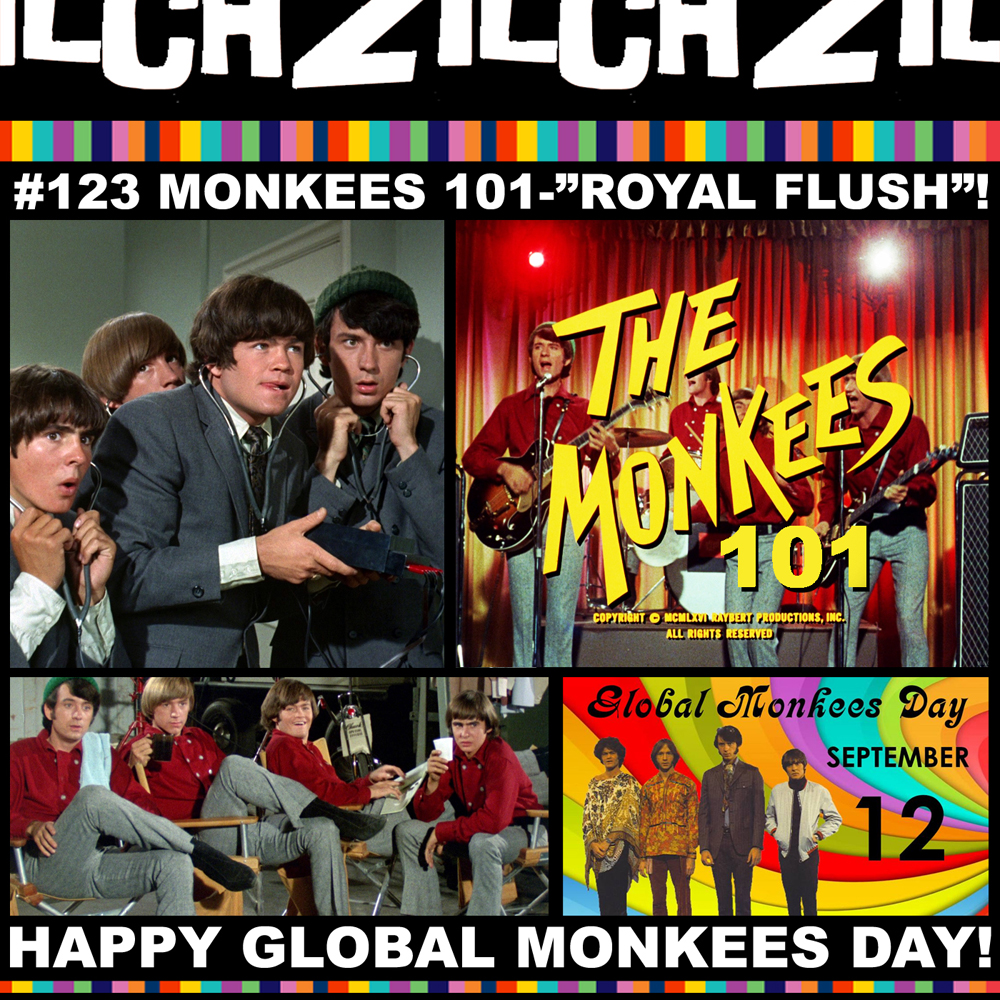
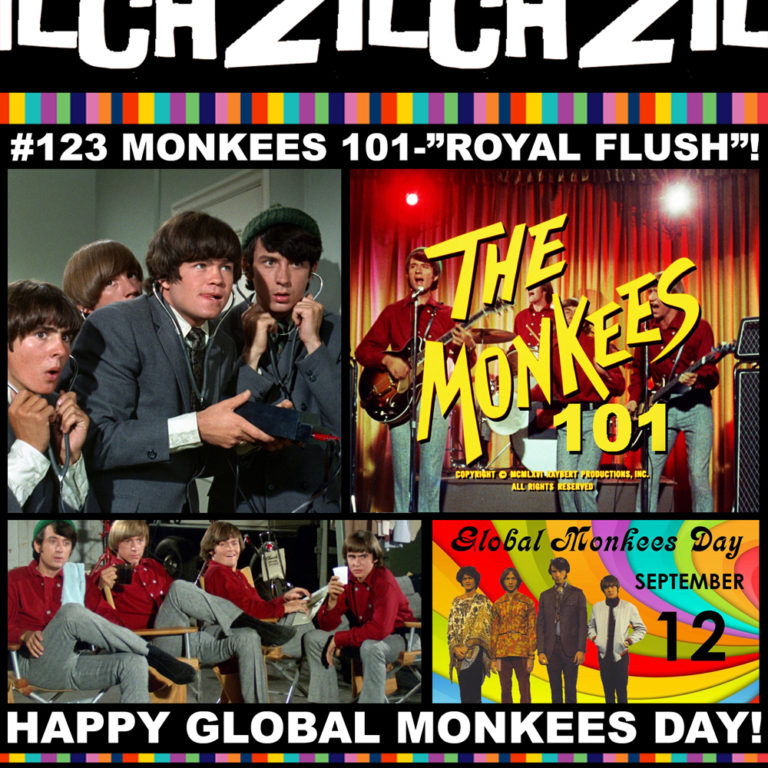
![16 Princess Rescuing The Princes from How The Monkees Changed Television [Video] (0:54)](https://rosannewelch.com/wp-content/uploads/2018/09/monkees-tv-16-princess-saves-princes.jpeg)
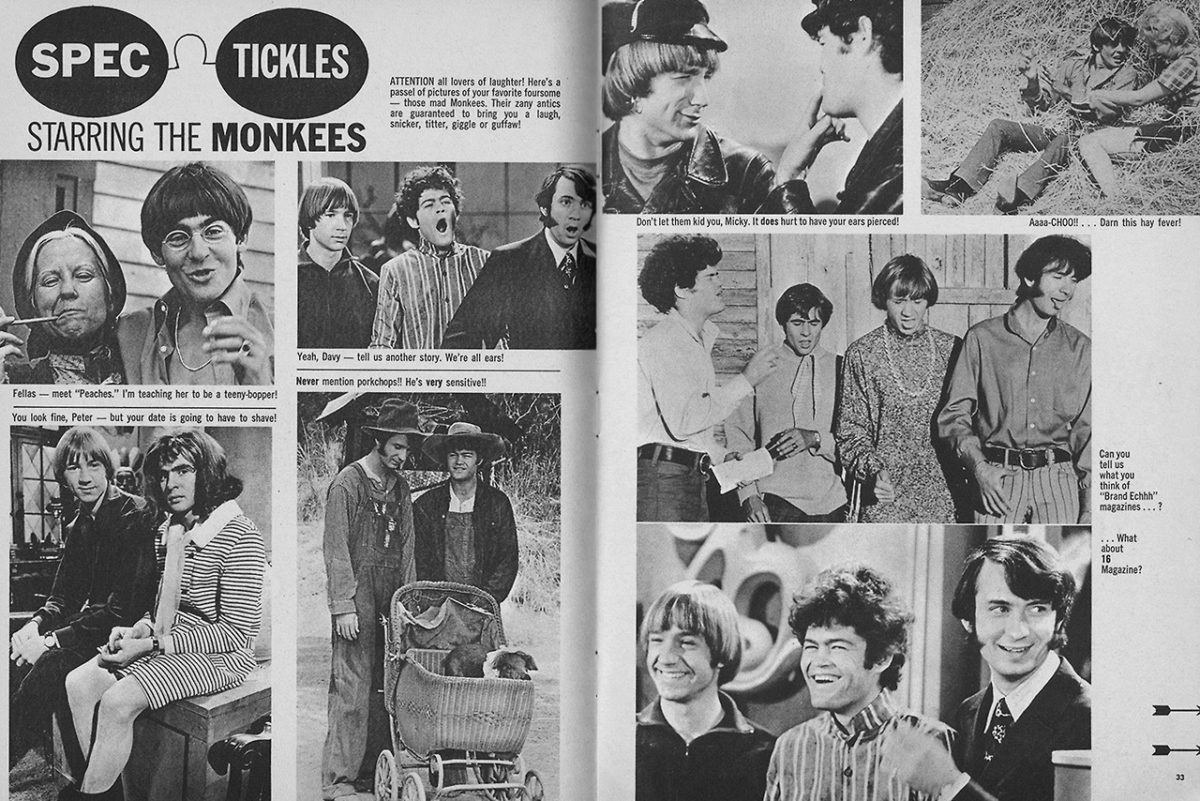
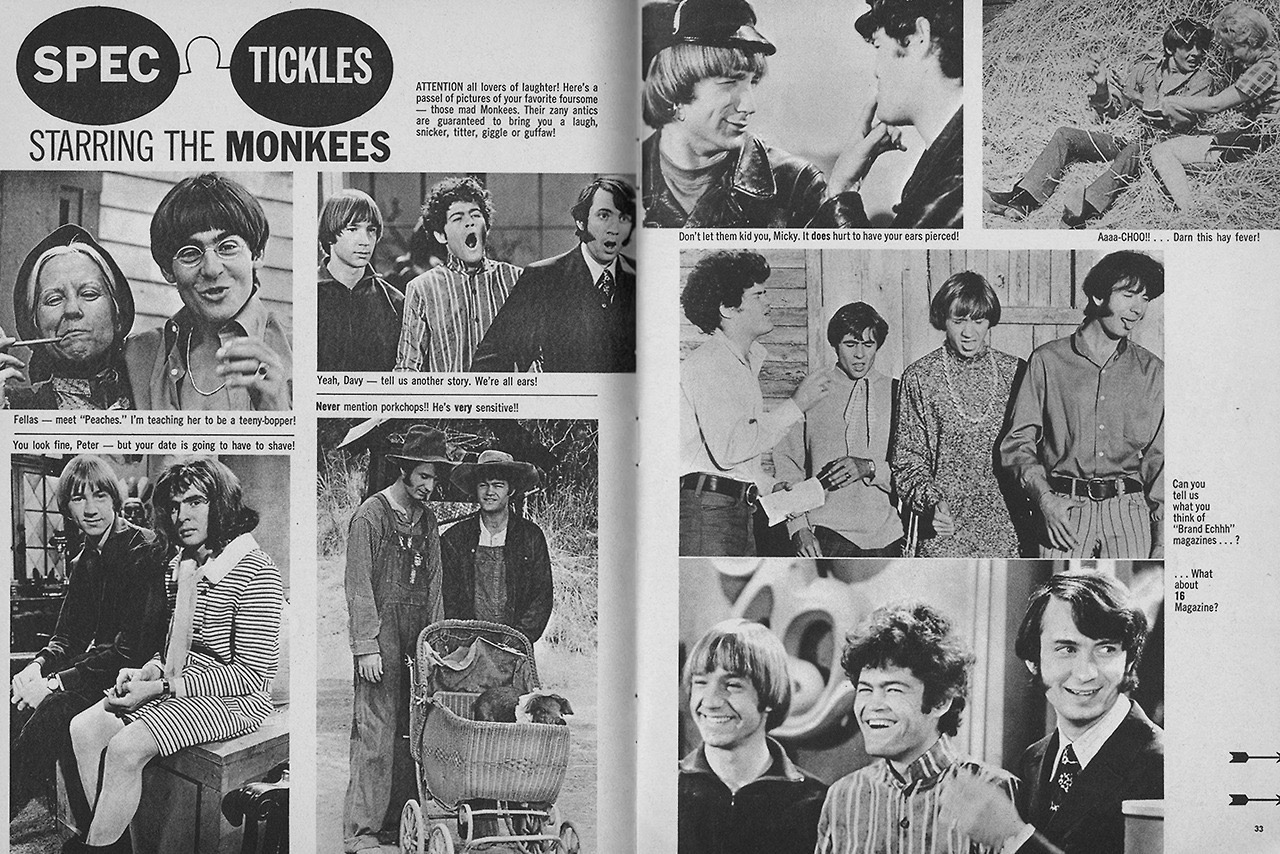
![15 Be A Woman Of Value from How The Monkees Changed Television [Video] (0:56)](https://rosannewelch.com/wp-content/uploads/2018/08/monkees-tv-15-women-value.jpeg)
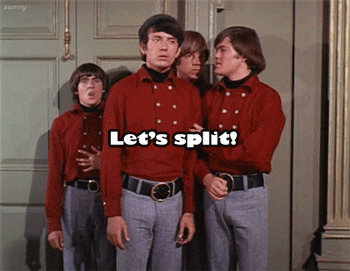
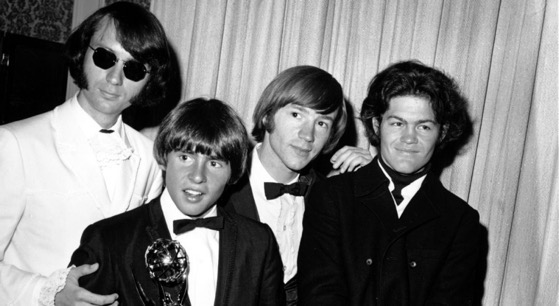
![14 Women With A Sense Of Duty from How The Monkees Changed Television [Video] (0:53)](https://rosannewelch.com/wp-content/uploads/2018/08/monkees-tv-14-women-duty.jpeg)
